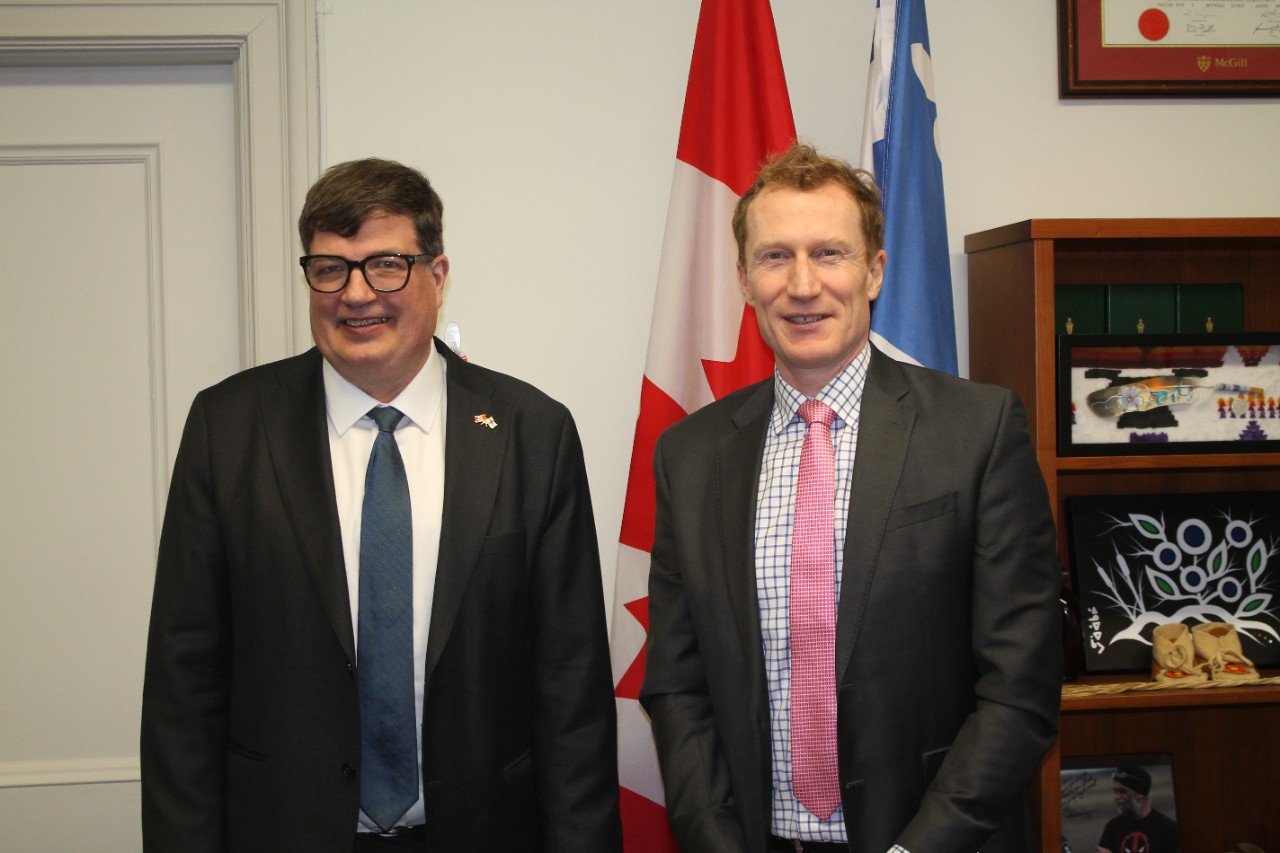In recent times, Canada has faced significant challenges related to labor shortages, particularly in the healthcare sector. These shortages have had a tangible impact on Canadians, manifesting in long wait times and difficulties in finding family physicians. Recognizing the urgency of the situation, the Government of Canada has taken a proactive step to address these challenges by investing in the acceleration of accreditation for internationally educated health professionals (IEHPs). This initiative is not only a testament to the government’s commitment to enhancing the healthcare system but also highlights the pivotal role of skilled immigrants in bolstering Canada’s labor market.
Addressing Labor Shortages through Accelerated Accreditation
The recent announcement by Rechie Veldez, Minister of Small Business, on behalf of Randy Boissonnault, Minister of Employment, Workforce Development and Official Languages, marks a significant investment of up to $3.65 million in funding to the Government of Yukon. This funding, allocated through the Foreign Credential Recognition Program, aims to facilitate the integration of IEHPs into the Yukon labor market, a move that is poised to have a transformative impact over the next four years.
The initiative will focus on establishing a Yukon territorial licensure regulatory process and a Yukon Foreign Credential Recognition Centre. These establishments will provide critical support to employers and skilled newcomers, aiding them in navigating career pathways and regulatory processes in Yukon, thereby facilitating the entry of more workers into the healthcare sector. This project is expected to support up to 150 newcomers, providing them with career navigation supports and offering a targeted nurse bridging program for participating international jurisdictions, with an emphasis on key healthcare occupations such as licensed practical nurses, registered nurses, registered psychiatric nurses, nurse practitioners, and midwives.
National Efforts and Collaborative Actions
This investment in Yukon is part of a broader national effort announced by Minister Boissonnault on January 15, 2024, which includes similar funding to various organizations across Canada. These projects are designed to respond to regional labor market gaps in the healthcare sector by reducing barriers to foreign credential recognition for IEHPs, providing relevant Canadian work experience, and facilitating labor mobility between jurisdictions in Canada. Such measures are crucial for reducing systemic and administrative barriers that healthcare professionals face when seeking employment in different jurisdictions within Canada.
The funding aligns with the commitments made by the Government of Canada with provinces and territories during the October 2023 Health Ministers’ Meeting. These commitments are focused on taking concrete actions to address the challenges facing Canada’s health workforce, including reducing the time it takes for IEHPs to join the health workforce. This initiative will directly support key occupations like nursing, pharmacy, dentistry, laboratory technicians, and respiratory therapy.
The Critical Role of Skilled Newcomers
The importance of skilled newcomers in addressing Canada’s labor shortages cannot be overstated. With Canada’s health care sector experiencing high levels of job vacancies, totaling 90,000 unfilled positions in health occupations in the second quarter of 2023, the integration of IEHPs into the workforce is more crucial than ever. Despite the high educational achievements of newcomers, with half of them holding a bachelor’s degree or greater, they often face higher unemployment rates compared to individuals born in Canada and are less likely to work in regulated occupations for which they have studied.
The Government of Canada’s investment, including an additional $115 million over five years starting in 2022–2023 and $30 million ongoing for the Foreign Credential Recognition Program, is a strategic move to support the labor market integration of skilled newcomers into the health sector. This funding is part of a larger plan outlined in Budget 2023, which includes investing more than $200 billion over ten years to improve healthcare for Canadians, with a focus on supporting the health workforce.
The Government of Canada’s initiative to accelerate the accreditation of IEHPs and facilitate their integration into the labor market is a commendable step towards addressing the labor shortages in the healthcare sector. By investing in the recognition and integration of skilled newcomers, Canada is not only enhancing its healthcare system but also harnessing the potential of its diverse population. This approach not only benefits the healthcare sector but also contributes to the overall growth and sustainability of Canada’s economy.












